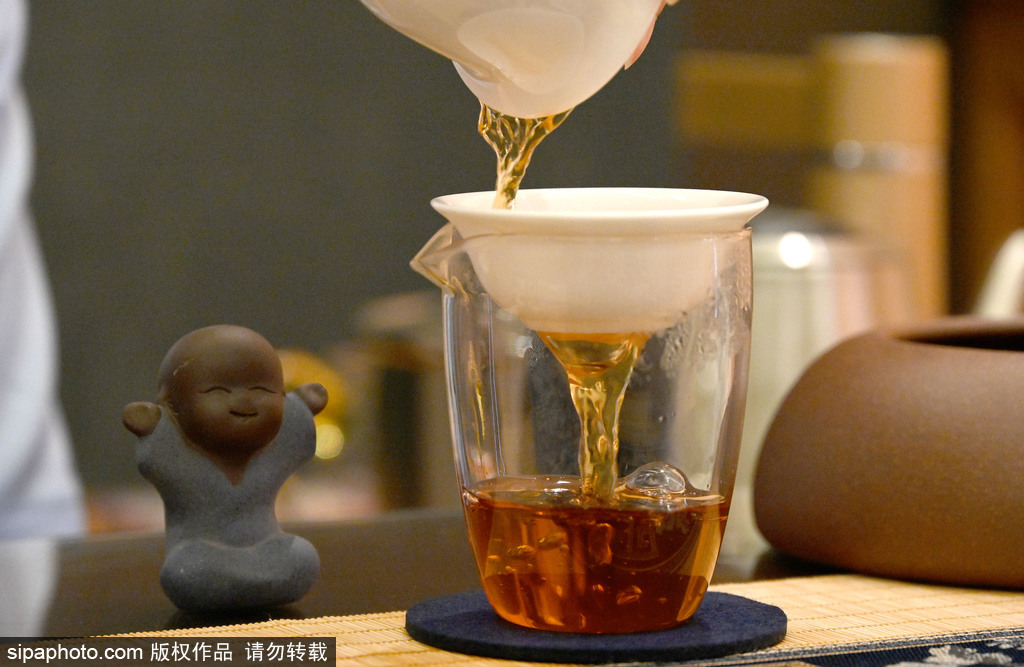
The history of tea drinking in Beijing dated back to the Sui Dynasty when the Beijing-Hangzhou Grand Canal built under the command of Emperor Yang acted as the backbone of the inland communication system and transport of goods from south to north in China. Since then, large quantities of high-quality tea produced in the south were shipped to ports in Tianjin and then sold in Beijing. Among them, jasmine tea was said to be the favorite among native Beijingers for its quality and flavor.
During the Tomb Sweeping Festival, most types of tea were picked up and packaged up well. On the way of transit procedure, the fragrance of tea would be largely faded because of moisture. In ancient times, the royal in Beijing preferred the fresh spring water fetched in Yuquan Mountain and sweet well water in the capital city. While the ordinary people could only get access to the bitter well water. To improve the taste, a tea merchant called Chen Guqiu added dried jasmine flowered into boiled water and popularized it to the public.
According to historical records, jasmine tea had been the exclusive tea among members of the Eight Banners (Ba Qi) in the early Qing Dynasty. White jasmine flower, once favored by Empress Dowager Cixi, was forbidden to be worn except for Cixi. At that time, white jasmine flower was often used as the national gifts to foreign ambassadors and mistaken as the national flower when Empress Dowager Cixi was in power for decades. Now the time-honored brand, Wu Yu Tai Tea House, which originated from the 13th year of Guangxu’s reign(1887), features jasmine tea of diverse types.



